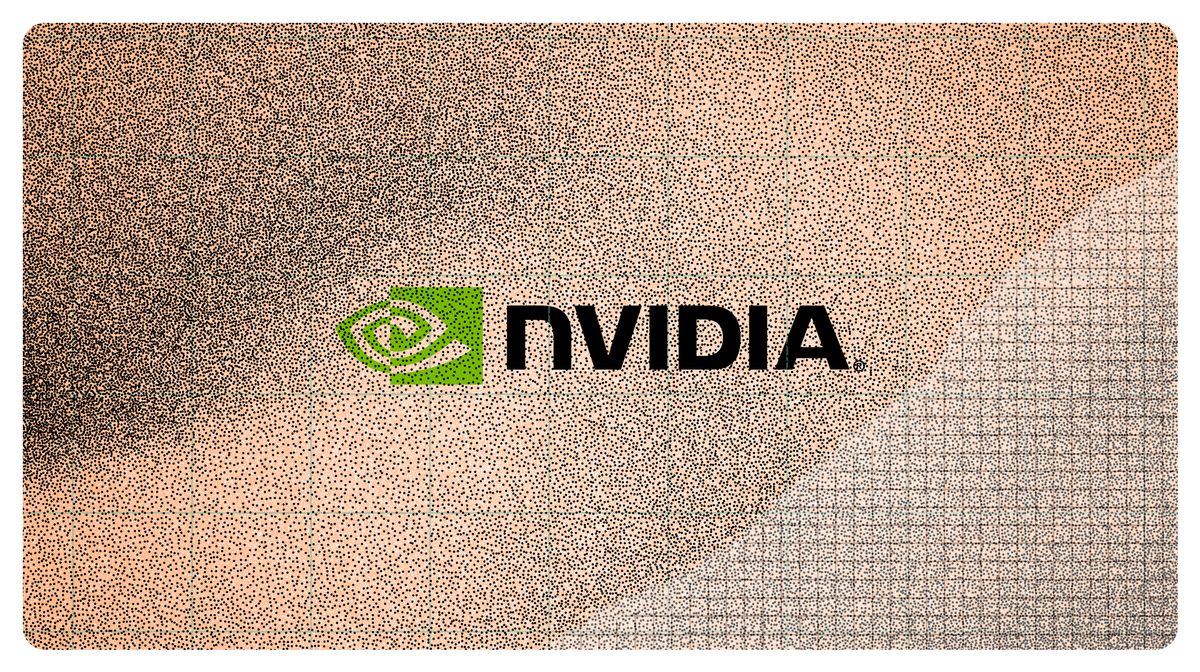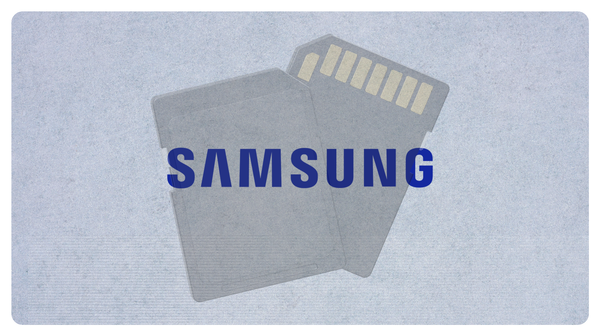🔥 Nvidia Hits $4 Trillion: AI's Legal Gold Rush




In a sentence: HSG's £2.1bn acquisition of Italian luxury footwear brand Golden Goose from Permira marks a dramatic reversal after the company's failed IPO, nearly doubling its valuation in five years whilst demonstrating how private equity's patient capital can rescue collapsed public market


In a sentence: Amazon Web Services has secured a £30bn seven-year partnership with OpenAI, cementing AWS as the dominant cloud infrastructure provider for cutting-edge AI development whilst triggering a 4.6% share price surge as investors recognise the deal locks in recurring revenues through 2032. 6 Key Points in 1